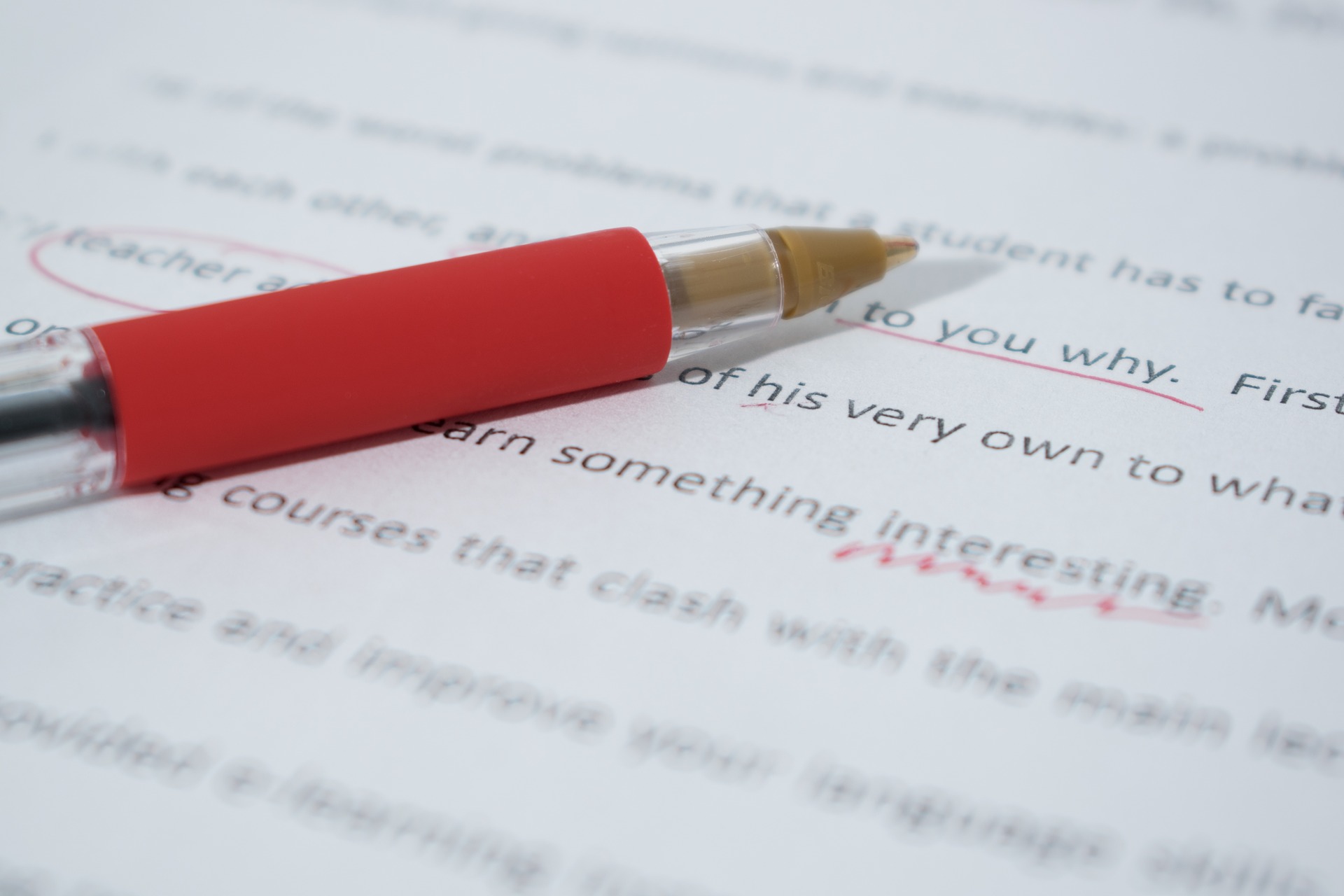Are you looking for strategies to help students who have trouble learning new things? If so, keep reading.
1. Get the student to practice a new concept independently, with an aide, teacher, or a peer before trying it with the entire group or being graded on it.
2. Get the student to teach ideas just learned to another student.
3. Minimize the emphasis on competition. Competitive learning activities may increase the student’s anxiety and lessen the student’s capacity and ability to remember information.
4. Start a “learn a concept a day” program with the student and incorporate the concept into the designated learning activities for the day.
5. Give practice of new ideas with an app or a hand-held educational device that gives instant feedback to the student.
6. Provide the student with fewer ideas to learn at one time. Spend as much time as needed on each concept for the student to understand it.
7. Acknowledge quality work (e.g., display the student’s work, congratulate the student, etc.).
8. Give the student new information in the most direct manner possible (e.g., a list of facts, a summary of essential points, outline of essential activities, etc.).
9. Create crossword puzzles that contain only the student’s spelling words and have them finish them.
10. Underline, circle, or highlight essential information from all content the student is to learn (e.g., science, math, geography, etc.).
11. Utilize wall charts to introduce new ideas with visual images such as images for the student to associate with previously learned ideas.
12. Praise the student for learning new ideas: (a) give the student a concrete reward (e.g., privileges such as leading the line, handing out learning materials, 10 minutes of free time, etc.) or (b) give the student an informal reward (e.g., praise, handshake, smile, etc.).
13. Give the student chances for drill learning activities in the most exciting manner possible (e.g., computer, using a calculator, playing educational games, watching a film, listening to a recording, etc.).
14. Consider using one of the apps and tools from our many app lists. These apps are designed to help students who are experiencing academic difficulties.
28 of the Best Apps for Kids in Kindergarten28 of the Best Apps for Kids in the First Grade
39 of the Best Apps for Kids in the Second Grade
53 of the Best Apps for Kids in the Third Grade37 of the Best Apps for Kids in the Fourth Grade
25 of the Best Apps for Kids in the Fifth Grade
28 of the Best Apps for Kids in the Sixth Grade
35 of the Best Apps for Kids in the Seventh Grade
28 of the Best Apps for Kids in the Eight Grade
27 of the Best Apps for Kids in the Ninth Grade33 of the Best Apps for Kids in the Tenth Grade20 of the Best Apps for Kids in the Eleventh Grade14 of the Best Apps for Kids in the Twelfth Grade





